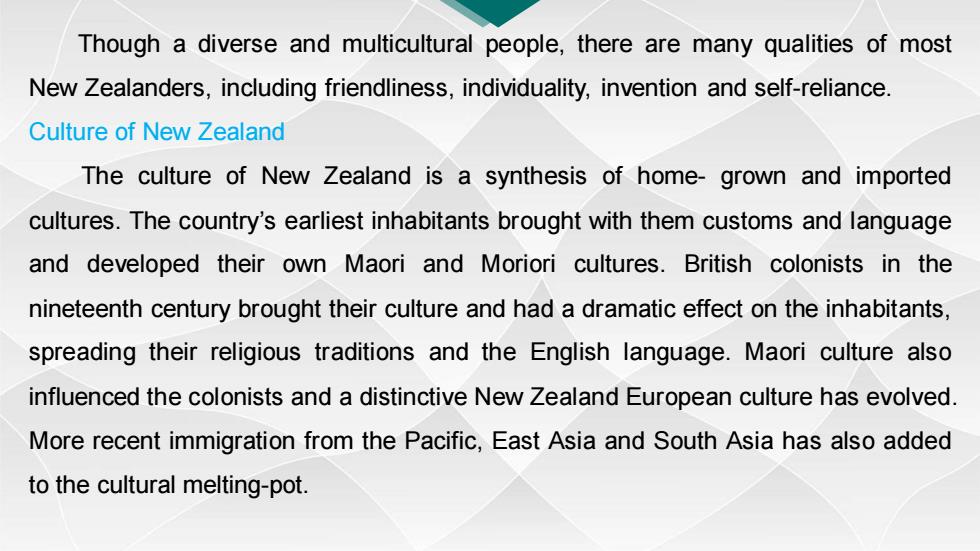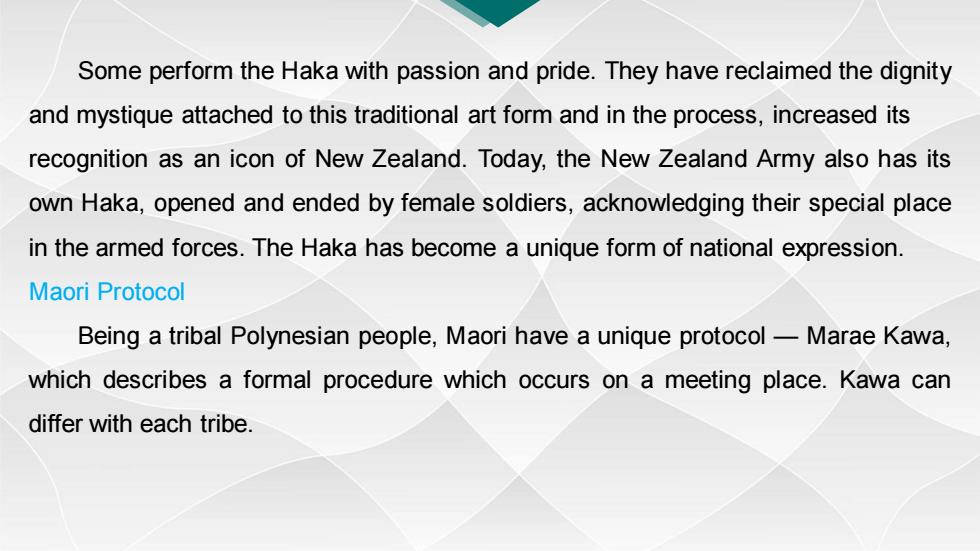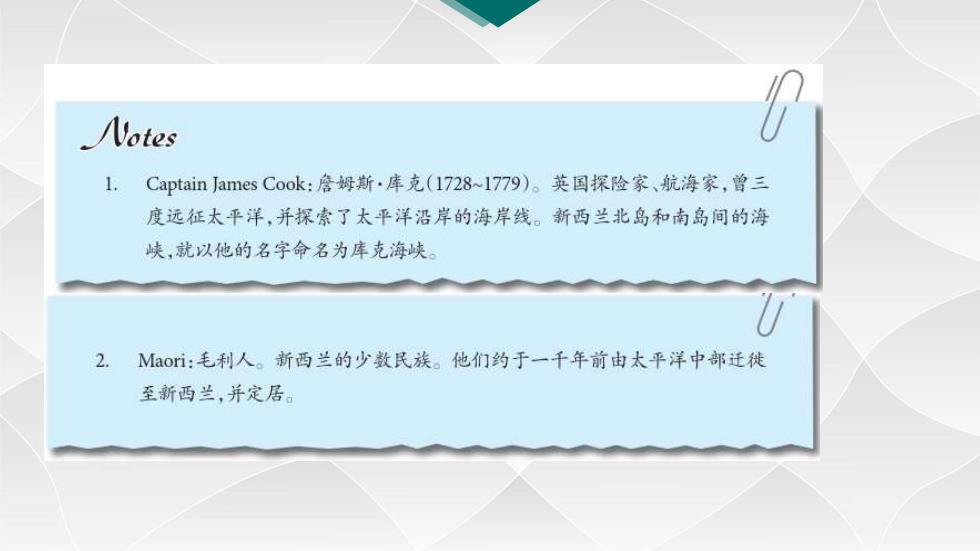
Text People and Culture New Zealanders New Zealand has a population of around 5.12 million in 2021.People from a wide range of European countries have arrived since Captain James Cook[1] discovered this continent.The Maori[2]first arrived on these shores just over 1,000 years ago at the close of the last millennium.Today,the Maori have adopted Western lifestyles but have actively been encouraged to keep alive their culture, language and art.Other ethnic groups have arrived from Polynesia with Auckland now being the Polynesia capital of the South Pacific.People from China,Korea, Vietnam,etc.have also settled in New Zealand making for a diverse population mix
People and Culture New Zealanders New Zealand has a population of around 5.12 million in 2021. People from a wide range of European countries have arrived since Captain James Cook[1] discovered this continent. The Maori[2] first arrived on these shores just over 1,000 years ago at the close of the last millennium. Today, the Maori have adopted Western lifestyles but have actively been encouraged to keep alive their culture, language and art. Other ethnic groups have arrived from Polynesia with Auckland now being the Polynesia capital of the South Pacific. People from China, Korea, Vietnam, etc. have also settled in New Zealand making for a diverse population mix

Though a diverse and multicultural people,there are many qualities of most New Zealanders,including friendliness,individuality,invention and self-reliance. Culture of New Zealand The culture of New Zealand is a synthesis of home-grown and imported cultures.The country's earliest inhabitants brought with them customs and language and developed their own Maori and Moriori cultures.British colonists in the nineteenth century brought their culture and had a dramatic effect on the inhabitants, spreading their religious traditions and the English language.Maori culture also influenced the colonists and a distinctive New Zealand European culture has evolved. More recent immigration from the Pacific,East Asia and South Asia has also added to the cultural melting-pot
Though a diverse and multicultural people, there are many qualities of most New Zealanders, including friendliness, individuality, invention and self-reliance. Culture of New Zealand The culture of New Zealand is a synthesis of home- grown and imported cultures. The country’s earliest inhabitants brought with them customs and language and developed their own Maori and Moriori cultures. British colonists in the nineteenth century brought their culture and had a dramatic effect on the inhabitants, spreading their religious traditions and the English language. Maori culture also influenced the colonists and a distinctive New Zealand European culture has evolved. More recent immigration from the Pacific, East Asia and South Asia has also added to the cultural melting-pot

Maori Culture The indigenous Maori people have a unique and fascinating language and culture,which plays a major role in New Zealand life.The Maori culture affects the language,the arts,and even the accents of all New Zealanders.Their place in the South Pacific and their love of the outdoors,sports,and the arts make New Zealanders and their culture unique in the world. The Haka The word"haka"simply means a dance,or a song accompanied by dance.New Zealand has grown up immersed in Haka since first encounters between Maori and early European explorers,missionaries and settlers.To most people,the Haka is a war dance.In pre-European and early contact times,the Haka was used as a part of the formal process when two parties came together
Maori Culture The indigenous Maori people have a unique and fascinating language and culture, which plays a major role in New Zealand life. The Maori culture affects the language, the arts, and even the accents of all New Zealanders. Their place in the South Pacific and their love of the outdoors, sports, and the arts make New Zealanders and their culture unique in the world. The Haka The word“haka”simply means a dance, or a song accompanied by dance. New Zealand has grown up immersed in Haka since first encounters between Maori and early European explorers, missionaries and settlers. To most people, the Haka is a war dance. In pre-European and early contact times, the Haka was used as a part of the formal process when two parties came together

Some perform the Haka with passion and pride.They have reclaimed the dignity and mystique attached to this traditional art form and in the process,increased its recognition as an icon of New Zealand.Today,the New Zealand Army also has its own Haka,opened and ended by female soldiers,acknowledging their special place in the armed forces.The Haka has become a unique form of national expression. Maori Protocol Being a tribal Polynesian people,Maori have a unique protocol-Marae Kawa, which describes a formal procedure which occurs on a meeting place.Kawa can differ with each tribe
Some perform the Haka with passion and pride. They have reclaimed the dignity and mystique attached to this traditional art form and in the process, increased its recognition as an icon of New Zealand. Today, the New Zealand Army also has its own Haka, opened and ended by female soldiers, acknowledging their special place in the armed forces. The Haka has become a unique form of national expression. Maori Protocol Being a tribal Polynesian people, Maori have a unique protocol — Marae Kawa, which describes a formal procedure which occurs on a meeting place. Kawa can differ with each tribe

Notes 1. Captain James Cook:詹姆斯·库克(1728~1779)。英国探脸家、航海家,曾三 度远征太平洋,并探索了太平洋沿岸的海岸线。新西兰北岛和南岛间的海 峡,就以他的名字命名为库克海峡。 2. Maoi:毛利人。新西兰的少数民族。他们约于一千年前由太平洋中部迁徒 至新西兰,并定居